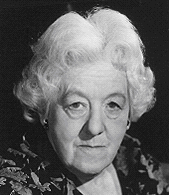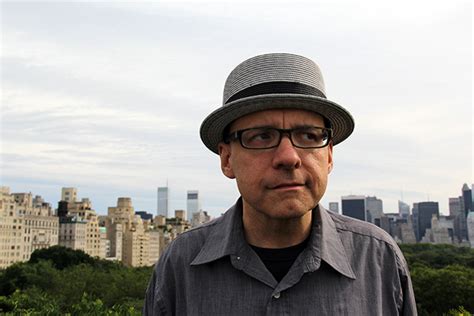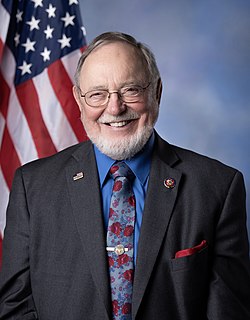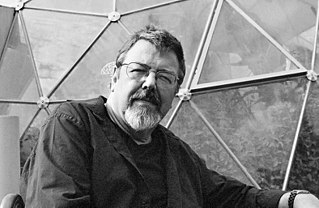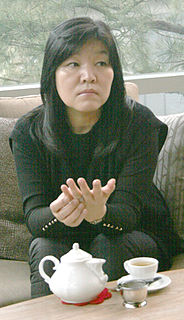A Quote by Margaret Rutherford
You never have a comedian who hasn't got a very deep strain of sadness within him or her. Every great clown has been very near to tragedy.
Related Quotes
I never did any training in journalism or in finance, so I really was in the deep end. I got very good at going to press conferences and nodding. I'd figure it out when I got back to the office. Charts and numbers. I've never been great with facts, ever, my whole life. For a journalist, that's not a very good trait.
And of course, FDR was very charming. At 6'2", he was tall enough to be her beau, and they made a beautiful couple. And she could encourage him. His mother also encouraged him. So this notion of a woman with ideas of her own and a spirit of her own and a style of her own was very congenial to Franklin. And he loved her. And their romance was a very dear and true and deep romance.
Whenever the circus would come to town, I would tell Ethan all kinds of kinky clown domination stories involving the leather clown, like the time she forced me to have sex with her in the little car, or the time she kept spraying me with the seltzer bottle until I obeyed her every command. Ethan and I would laugh and laugh at these tall tales, but I could tell deep down, he was wondering whether the leather clown was really real or not. And I would let him wonder.
I see the President almost every day. I see very plainly Abraham Lincoln's dark brown face with its deep-cut lines, the eyes always to me with a deep latent sadness in the expression. None of the artists or pictures has caught the deep, though subtle and indirect expression of this man's face. There is something else there. One of the great portrait painters of two or three centuries ago is needed.
You have to protect yourself from sadness. Sadness is very close to hate. Let me tell you this. This is the thing I learned. If you take in someone else's poison – thinking you can cure them by sharing it – you will instead store it within you. Those men in the desert were smarter than you. They assumed he could be useful. So they saved him, but when he was no longer useful they left him.
There were also the razor marks on her wrists and forearms, half a dozen per arm, not very deep, not very convincing really, just a lame, hapless attempt at hurting herself. There hadn't even been that much blood and nobody at the hospital had been at all surprised. These scars, for some reason, he didn't mind. Maybe they even appealed to him. They showed that she was weak and in need of him.
Hillary called and it was a lovely call. And it was a tough call for her. I mean, I can imagine. Tougher for her than it would have been for me and for me, it would have been very, very difficult. She couldn`t have been nicer. She just said, "Congratulations, Donald.
Well done." And I said, "I want to thank you very much. You were a great competitor." She`s very strong and very smart.
...I have so many dreams of my own, and I remember things from my childhood, from when I was a girl and a young woman, and I haven't forgotten a thing. So why did we think of Mom as a mom from the very beginning? She didn't have the opportunity to pursue her dreams, and all by herself, faced everything the era dealt her, poverty and sadness, and she couldn't do anything about her very bad lot in life other than suffer through it and get beyond it and live her life to the very best of her ability, giving her body and her heart to it completely. Why did I never give a thought to Mom's dreams?
I am now convinced that I have never been much in love; for had I really experienced that pure and elevating passion, I should at present detest his very name, and wish him all manner of evil. But my feelings are not only cordial towards him; they are even impartial towards her. I cannot find out that I hate her at all, or that I am in the least unwilling to think her a very good sort of girl. There can be no love in all this.
